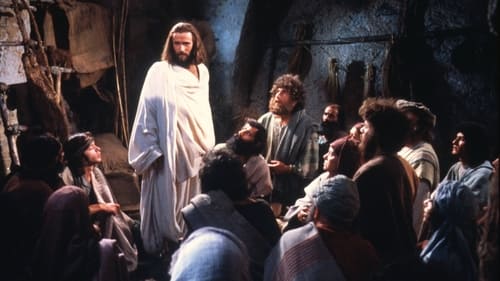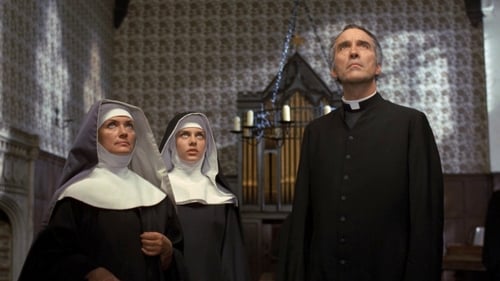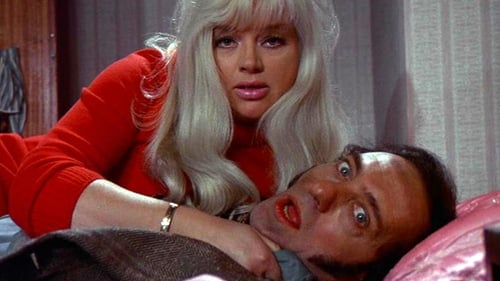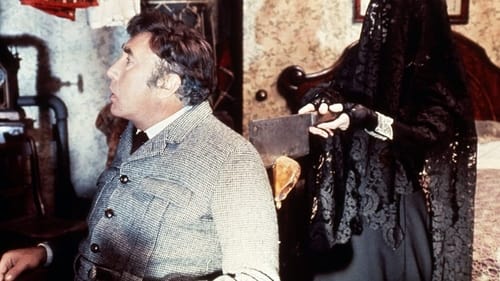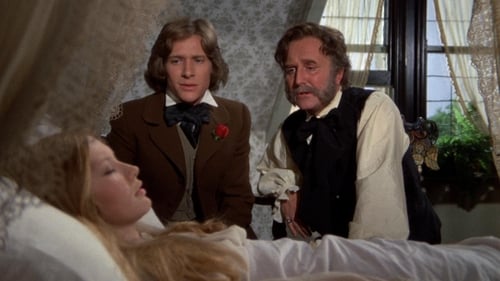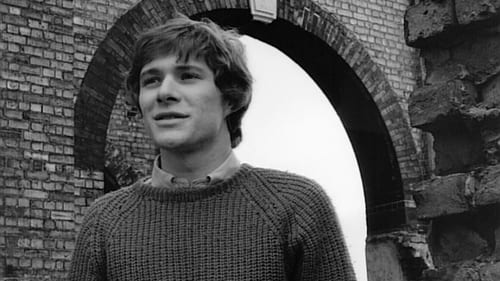Peter Sykes
Рождение : , Melbourne, Victoria, Australia
История
From Wikipedia, the free encyclopedia.
Peter Sykes, FRSC (February 19, 1923 - October 24, 2003 ) was a British chemist and a former Fellowand Vice-Master of Christ's College, Cambridge. He is the author of highly popular undergraduate-level organic chemistry textbook A Guidebook to Mechanisms in Organic Chemistry, now in its sixth edition.
Description above from the Wikipedia article Peter Sykes, licensed under CC-BY-SA, full list of contributors on Wikipedia.

